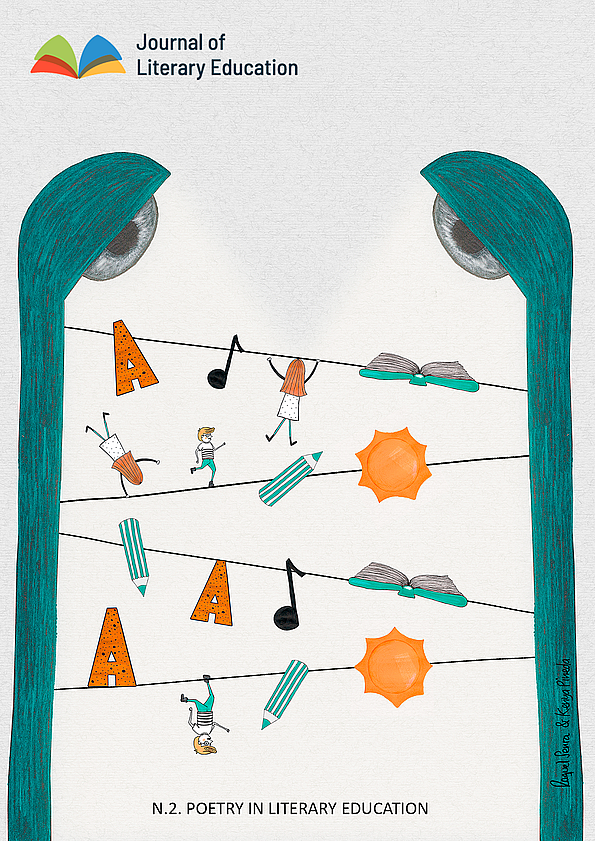Race and Nation in Ella McFadyen’s Pegmen Tales
DOI:
https://doi.org/10.7203/JLE.2.13767 Resum
Resum
In Ella McFadyen’s 1940’s Pegmen Tales the reader witnesses an Australian wishfulness read in the triumphant adventures of the small – of domestic objects brought to life through the imagination of children. In McFadyen’s highly didactic tales, clothes pegs stolen and deliberately misused come to embody an understated national ethos with biblical pretensions. The Peg family sail the world in their “Ark”, spreading antipodean wonder, cheer and ingenuity everywhere they go. The Pegs themselves – as home-made toys – represent the imaginative ingenuity of Australian children. These are toys any child could make, and so may be read as a social leveller. The dream bringing them to life is that of decent, healthy children and the Pegs (as post-war family, sans father, strive to set themselves and the world good standards).
Every anthropomorphism is deservedly read as comment on the human race or some department or aspect of it, and in this case it is Australian class, race and national pretensions which are promoted through the vehicle of mainly exemplary characters who, in their travels – for the sake of plot – negotiate a series of mildly ethical crises, and always come out smiling.
This paper proceeds by considering the issues raised above in relation a small number of episodes from the tales: these dealing with the invasion of rogue mice, the creation of the Pegmen, with Pongo (from the Congo) and the Australian Aborigines, with the Peg’s expedition to Antarctica and with the metamorphosis of swagmen into grey kangaroos.
Race and Nation in Ella McFadyen’s Pegmen Tales
<w:LsdException Locked="false" Prio
 Descàrregues
Descàrregues
Descàrregues
Publicades
-
Resum1268
-
PDF 308
Número
Secció
Llicència
![]()
Aquesta obra està sota una llicència internacional Creative Commons Reconeixement-NoComercial-SenseObraDerivada 4.0.



